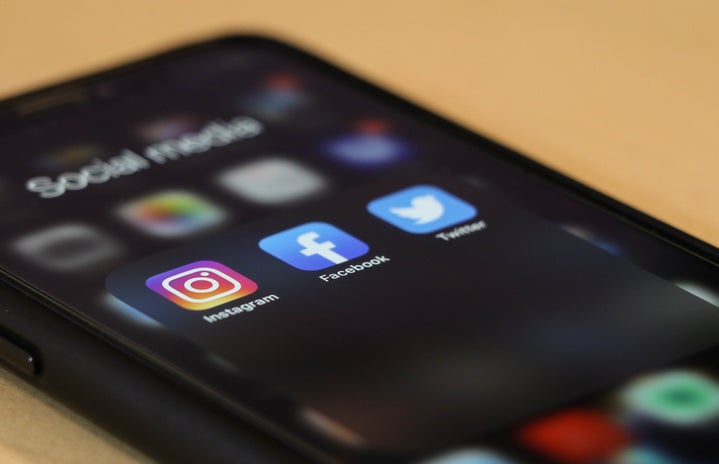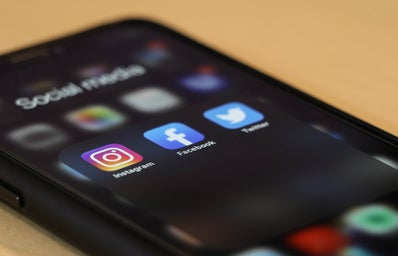Trigger Warning: Self-harm, Suicide
Many months ago, I, like many, curled into bed under the pixelated sheen of my computer screen to watch the 2020 Netflix documentary The Social Dilemma. Before beginning, I assumed the film would be a true exposé calling us out on the technology-fueled simulation in which we live. I expected claims of sheer ignorance, or maybe even immunity, to the mechanic humdrum that has become our lives. Yet, as I watched as this drama-documentary unfold with disturbing scenes of violence and psychological exploitation that young adolescents are subjected to daily, I was profoundly moved, but not in the way that I had imagined.
What particuarly made my stomach turn were the statistics of pre-teen suicide and self-harm. In the documentary, Professor Jonathan Haidt, Social Psychologist at New York University Stern School of Business, cited that since 2009, there has been a 62% increase in the number of U.S. hospital admissions for non-fatal self-harm for girls aged 15 to 19. Even more startling was his explanation that pre-teens aged 10 to 14 have seen an increase of 189%. The same patterns have been observed with incidents of suicide. As I watched these statistics manifest themselves within the visual narrative of a pre-teen girl struggling with her self-image, I felt immense empathy for her. I was also terrified at the realization that her pain resonated way too closely with both myself and millions of people around the world.

To this day, I cannot stop thinking about these statistics, as well as the ways in which distorted standards fostered by social media have become a vector of damage in my own life. I spent my high school years in a boarding school in the UK, where I was one of five Indian girls. Getting miscalled by other students and teachers as another Indian girl became a very regular thing. In addition, the inherent label that a girl was not “physically fit” because she did not fit the social media-generated standards of athleticism became extremely common.
When I’d confront some of my own friends about the reasons they did not find an obviously beautiful girl fit, they would squirm uncomfortably, conjuring creative answers like: her voice is weird, her hair is too long, or her body is too thin. We all knew the real reason, but in my five years in attendance, nobody said it once. The existence of these microaggressions was a fundamental truth deeply rooted within the social culture. Nobody thought to question it, because it was never seen as an oppressive force.

What is most horrifying, however, is that I thought of myself as less of a human being because I did not fit social media’s ideal mold. The perpetual proliferation of images of beautiful women circulated by these online platforms contrasted with the reflection I saw in the mirror and completely fragmented any sense of self-worth and confidence that I had. It was here that the social dilemma became a moral one — and this terrified me. Looking back, I recognize that there is no simple solution to fix this problem because it is so individualized and psychologically rooted. But, I really do believe that talking about these matters significantly helps. Although I carry this damage with me, I’ve come to find peace in it. While peace is not acceptance, it is certainly a step in the right direction.



